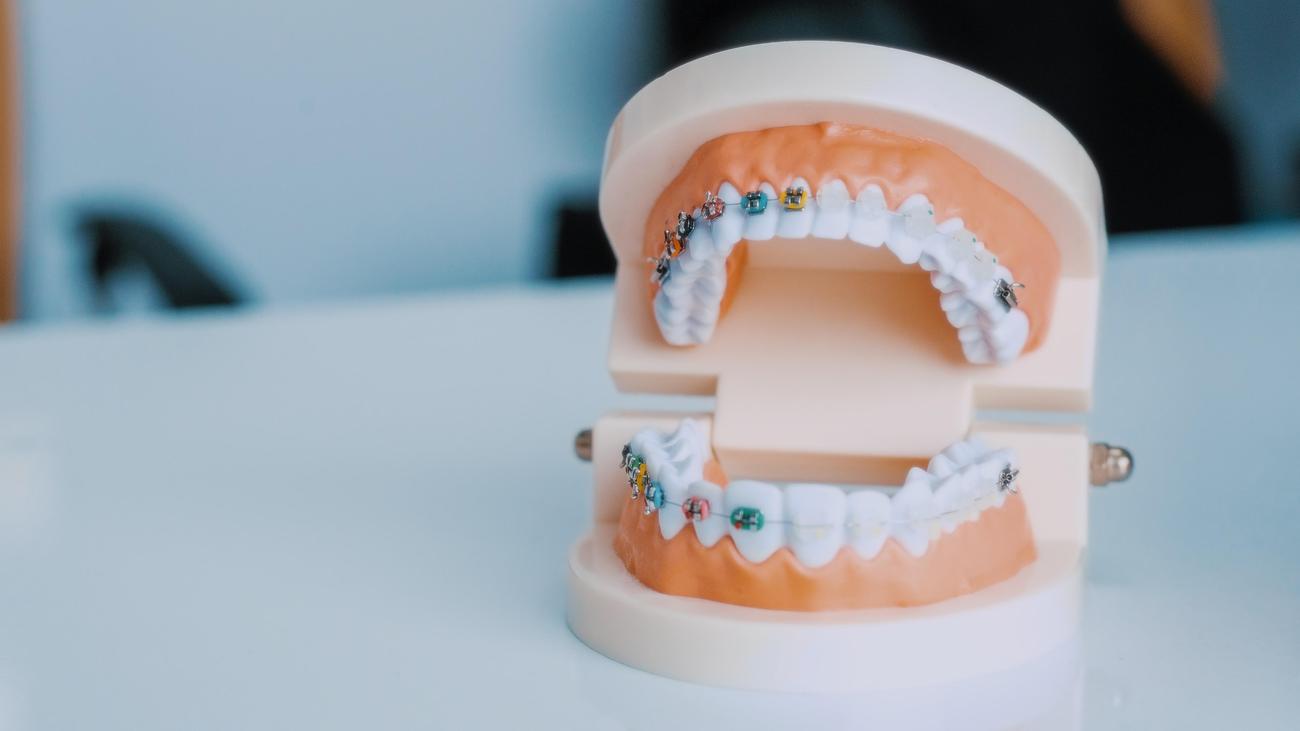Welcome to an exciting journey into the world of pediatric physical therapy! In this article, we will explore the fascinating realm of fun facts about pediatric physical therapy and how it empowers young patients. As an experienced pediatric physical therapist, I have witnessed firsthand the incredible transformations that occur when children engage in therapy that is not only effective but also enjoyable. Through play-based activities and exercises tailored to their unique needs, children discover a whole new world of possibilities, improving their motor skills, coordination, balance, and overall quality of life. So, buckle up and get ready to uncover the secrets behind the empowering world of pediatric physical therapy.

Pediatric Physical Therapy Fun Facts
As a pediatric physical therapist, I want to take a moment to share some fascinating and insightful fun facts about pediatric physical therapy. These facts shed light on the positive impact it can have on the lives of young patients. So, let’s dive right into it!
1. Playful Therapy with Purpose
Pediatric physical therapy sessions may look like play, but they are goal-oriented. We understand that children learn best through play, so we incorporate fun and engaging activities to help them improve their motor skills, coordination, balance, and overall quality of life. So, the next time you see children playing during therapy sessions, remember that every activity serves a purpose in their progress. “Fun is the magical ingredient that fuels each therapy session.”
2. Parental Expertise and Partnership
Physical therapists are movement experts, but parents are the true experts on their kids. We value and respect the knowledge and insights that parents have about their child’s strengths, weaknesses, and preferences. By working together with parents, we create personalized treatment plans that cater to the unique needs of each child. “When parents and therapists join forces, miracles happen.”
3. Integration in School Communities
Did you know that pediatric physical therapists are often part of school communities? They collaborate with teachers, school administrators, and other healthcare professionals to ensure that children with physical challenges can fully participate in educational activities. By providing therapeutic interventions within school settings, we strive to enhance the educational experience and overall well-being of children. “We are the superheroes behind the scenes, working to empower children within their school environment.”
4. Treating the Whole Family
When we treat children, we also address the needs of their families. Pediatric physical therapists recognize that a child’s disability or condition affects the entire family unit. We support families by providing education, emotional support, and resources to help them better understand and navigate their child’s journey. “Every child’s success story is a testament to their family’s unwavering love and dedication.”
5. Advocacy and Empowerment
Pediatric physical therapists not only advocate for children but also empower parents to advocate for their child’s needs. We educate parents about their child’s condition, equip them with strategies to support their child’s development, and guide them in accessing appropriate community resources. By empowering parents, we enable them to become strong advocates for their child’s well-being. “Empowered parents are a force to be reckoned with.”
6. Specialized Rehabilitation for Young Children
Pediatric physical therapy focuses on improving function in young children and babies with orthopedic, developmental, or neurological issues. By tailoring treatment plans to meet the unique needs of each child, we help them reach their fullest potential. Whether it’s learning to walk, improving balance, or enhancing overall movement skills, pediatric physical therapy plays a vital role in early intervention and rehabilitation. “We believe in the power of small victories to create big transformations.”
7. Colorful Tools and Equipment
Pediatric physical therapy sessions often involve colorful tools and exercise equipment to engage children and make therapy sessions enjoyable. From therapy balls to balance boards, these vibrant props make therapy sessions feel like playtime while allowing children to develop essential motor skills. “Who knew that therapy sessions could be so much fun?”
8. Duration of Therapy Sessions
The duration of pediatric physical therapy sessions can vary depending on the child’s needs. Sessions can last anywhere from several weeks to over a year. Each child’s progress is unique, and therapeutic interventions are adapted accordingly. “Every step forward is a step closer to independence.”
9. Specialized Care from Pediatric Specialists
While any licensed physical therapist can provide pediatric physical therapy, seeking care from a pediatric specialist can offer the best quality of treatment. Pediatric specialists have comprehensive knowledge and experience in working with children, allowing them to tailor therapy to meet the precise needs of each child. “Specialized care is the key that unlocks possibilities.”
Pediatric physical therapy is a unique and transformative field that harnesses the power of play to improve the lives of young patients. By understanding and utilizing the specific needs of each child, pediatric physical therapists empower children to overcome physical challenges and thrive. So, the next time you come across physical therapy for children, remember the incredible impact it can have on their journey towards a better future. “In the world of pediatric physical therapy, the possibilities are endless.”
Pediatric physical therapy is an interesting field that involves working with children to improve their physical abilities and overall well-being. If you’re curious about the fun facts surrounding pediatric physical therapists, we have got you covered. Check out our compilation of Fun Facts About Pediatric Physical Therapist and get ready to be amazed! Whether you’re a parent looking to gain insight into this specialized area of therapy or simply someone interested in learning something new, this article will provide you with fascinating information. Dive into the world of pediatric physical therapy and discover the incredible impact it has on children’s lives!
Fun Facts About Pediatric Physical Therapist
FAQ
1. What is pediatric physical therapy?
Pediatric physical therapy is a specialized area of rehabilitation that focuses on improving function in young children and babies. It aims to help children with orthopedic, developmental, or neurological issues enhance their motor skills, coordination, balance, and overall quality of life.
2. How do pediatric physical therapy sessions look like?
With young children, pediatric physical therapy sessions look like play, but they are goal oriented. These sessions incorporate fun and engaging play-based activities and exercises to make therapy enjoyable for children while achieving specific treatment goals.
3. Where can pediatric physical therapy services be provided?
Pediatric physical therapy services can be provided at home, in preschool, in school, in daycare centers, or at outpatient clinics. This flexibility allows therapists to work closely with children in various environments and ensure effective treatment.
4. Are pediatric physical therapists part of school communities?
Yes, pediatric physical therapists often become integral members of school communities. They collaborate with teachers, administrators, and other healthcare professionals to support children’s development and participation in educational activities.
5. Why is it important to seek care from pediatric physical therapy specialists?
While any licensed physical therapist can provide pediatric physical therapy, specialists in this field have comprehensive knowledge and expertise in understanding the unique needs of each child. Their specialized training and experience ensure the best possible care for young patients.
- Unlock Elemental 2 Secrets: Actionable Insights Now - April 2, 2025
- Lot’s Wife’s Name: Unveiling the Mystery of Sodom’s Fall - April 2, 2025
- Photocell Sensors: A Complete Guide for Selection and Implementation - April 2, 2025
















